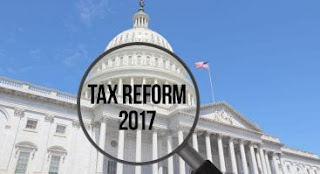 Michna Law Group often receives questions pertaining to the home buying and selling process. Sometimes we're asked to differentiate the different types of deeds. In today's blog post, we distinguish a general warranty deed, special (limited warranty deed), quitclaim deed, sheriff's deed, and a fiduciary deed.
Michna Law Group often receives questions pertaining to the home buying and selling process. Sometimes we're asked to differentiate the different types of deeds. In today's blog post, we distinguish a general warranty deed, special (limited warranty deed), quitclaim deed, sheriff's deed, and a fiduciary deed.General Warranty Deed
The primary type of deed guarantees the grantor’s good title before the conveyance. In addition, it guarantees that the warranty continues after the conveyance. The usual guarantees or warranties by the seller are: good title, freedom from encumbrance other than as specifically identified, and right of possession to the buyer as against all others. The warranty includes any claims arising during or prior to the grantor’s ownership.
Special (or Limited) Warranty Deed
A special warranty deed, sometimes referred to as a limited warranty deed (and some states may have a different name for this form of deed), provides less extensive warranties than the grantee receives from a general warranty deed. Under a special warranty deed, the grantor warrants only against claims arising during the period of the grantor ownership but does not warrant against any claims arising prior to the grantor’s ownership of the property.
Quitclaim Deed
A quitclaim deed contains no warranties of any kind and conveys only the interest, if any, held by the grantor (for example, if the grantor actually had no interest to convey, the quitclaim deed would not vest any ownership in the grantee). The quit-claim deed is not typically used for residential real estate purchase transactions.
Sheriff’s Deed
A sheriff’s deed is a deed granted at the end of a mortgage foreclosure, in which the sheriff, under the order of the court in the foreclosure case, grants ownership of the property to the successful bidder at the sheriff’s sale. These deeds are quitclaim deeds and carry no warranty because the bidder at the sheriff’s sale takes title “subject to all legal encumbrances” including any flaws in the foreclosure procedure.
Fiduciary Deed
A fiduciary deed is a deed granted by a trustee or other fiduciary (often a court-appointed individual or entity) who conveys title to property pursuant to that grantor’s authority under a trust agreement or as the result of a court-supervised proceeding.
For further information on real estate law, please contact Michna Law Group by phone at 847.446.4600 or by email at BJM@MichnaLaw.com.



























